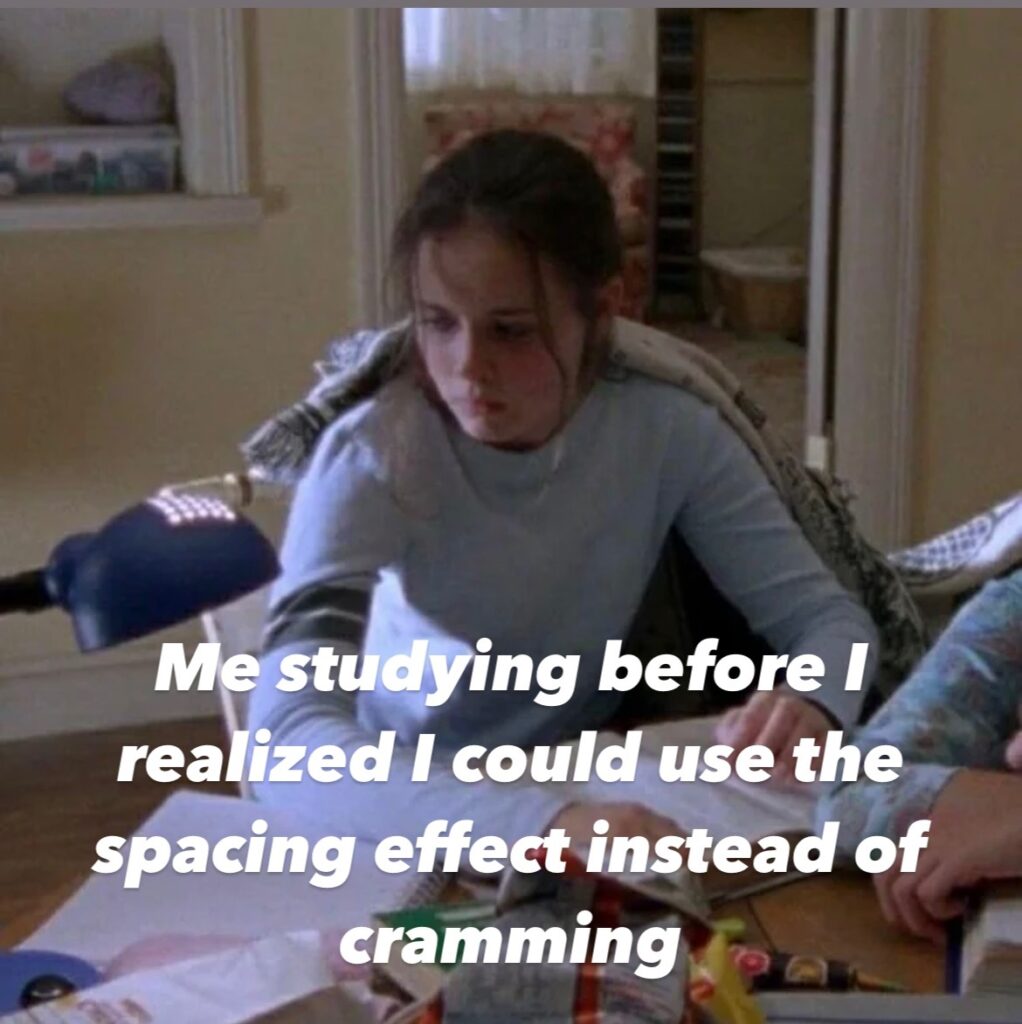By Liz Wagner
Reality of College
College can be a scary experience for every incoming freshman, your automatically scared of the action of “failing”. College isn’t supposed to be a scary experience, it is supposed to be an enjoyable experience. You will have many opportunities that will shape you in to the grown individual you will become, you will attend parties, join clubs, and experience many firsts. But one important factor that you need to pay attention to is your study habits. If your study habits are not up to par, your grades and college experience will not end well.
Now we all know that one weakness that many college students face at some point in their college experience, and that is procrastination. Procrastination is somewhat like an evil monster that creeps up on students, especially when it comes to big papers and exams. The results of procrastinating are cramming last minute for that exam, meaning no time for that Netflix show or that nap you were counting on. What if I told you, that there are studies showing that a college student could benefit from not cramming, and you would have time for that nap.
This phenomenon in psychology is called the spacing effect, and it can benefit many college students in their studies. Many students throughout the years, typically develop their own study habits. But as you continue to read, you may discover that the spacing effect is the answer to those prays or to help you get that passing grade. The spacing effect is a pretty simple concept in psychology, the concept is spacing out your study time into multiple periods instead of one mass study session (4). During these multiple study sessions, an individual should take breaks in between each session, and the mind should be devoted to the same subject to acquire the best results (4). So that is right, multi-tasking in this phenomenon wouldn’t be a good idea. But the good news is during those short breaks in between studying you can do all the social media browsing, napping, or Netflix watching you want.
Continue reading “Spacing Effect and Consolidation in Studying: Don’t you worry, you have time for that nap!”




